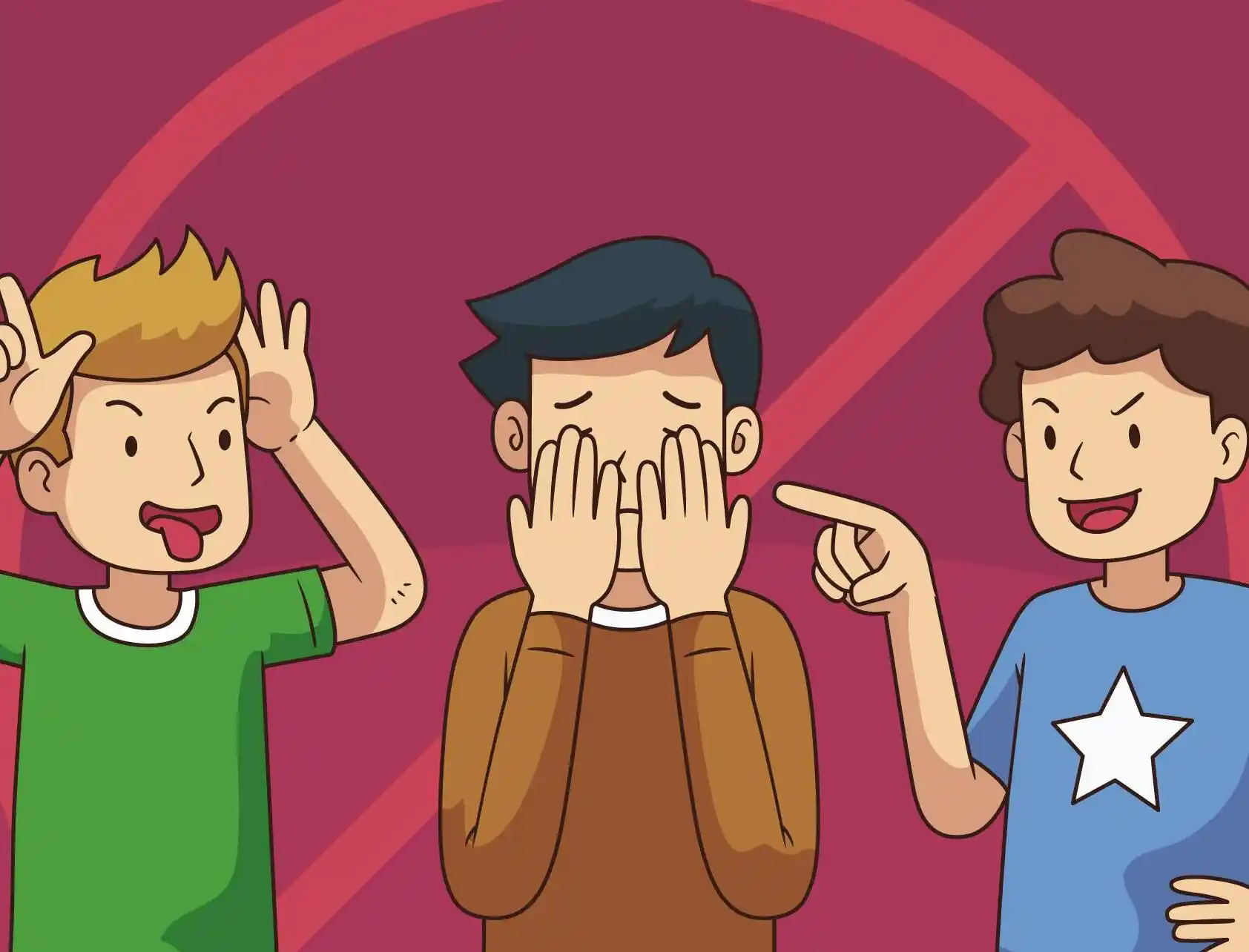Dealing with rude people as an introvert is by setting boundaries and identifying what kind of behavior is acceptable what is not, and letting everybody know what you’re comfortable with and what you’re not, as an introvert you should not be afraid to stand for yourself if any disrespect happens, by applying the instructions in this article you will not be an easy target for rude people anymore.
Table of Contents
Understanding the Dynamic : Dealing with Rude People as an Introvert
When rude people clash with introverts, it’s like mixing oil and water – they just don’t blend well together. Let’s break it down.
Imagine you’re an introvert. You love your quiet time, thinking deeply, and meaningful conversations. Now, along comes someone being rude. Maybe they’re interrupting you, talking over you, or just being downright disrespectful.
For introverts, this can feel like a punch in the gut. It’s not just annoying; it’s draining. See, introverts thrive on calm and meaningful interactions. Rudeness disrupts that peace and throws us off balance.
Reasons Why Rude People Permit Themselves to Be Rude with an Introvert
- Introverts as Easy Targets : Introverts can be seen as easy targets for rudeness because of their quieter nature. Rude individuals might assume that introverts won’t push back or stand up for themselves as assertively as others.
- Power Play : Some individuals use rudeness as a way to assert dominance or control over others. Being rude might make them feel powerful or superior.
- Lack of Awareness : Some people simply don’t realize how their actions affect others. They might be so focused on themselves that they don’t consider the feelings of introverts.
- Default Mode : For some, being rude is just their habitual way of interacting. They might not have learned proper manners or empathy, or they might be reacting defensively due to past experiences.
- Misunderstanding Introversion : There’s often a lack of understanding about introversion and its characteristics. Rude individuals might not realize that introverts simply have different communication styles and preferences.
Introverts are seen as easy targets for rudeness due to several factors:
- Reserved Nature: Introverts often have a quieter, more reserved demeanor compared to extroverts. This may make them appear less assertive or confrontational, leading some individuals to believe they can get away with rude behavior without facing repercussions.
- Avoidance of Conflict: Introverts generally prefer to avoid conflict and confrontation. They may be less inclined to speak up or challenge someone who is being rude towards them, especially in social situations where they feel uncomfortable or overwhelmed.
- Non-Verbal Communication: Introverts tend to rely more on non-verbal cues and subtle signals in social interactions. This may make it easier for rude individuals to overlook or dismiss their discomfort or displeasure, as introverts may not always express their feelings explicitly.
- Perceived Weakness: Unfortunately, there can be a misconception that introversion equates to weakness or passivity. This stereotype may lead some individuals to believe that introverts are less likely to stand up for themselves or defend their boundaries, making them easy targets for rude behavior.

Boundaries and Self-Preservation: Protecting the Introvert’s Inner Space
Imagine your personal space as a cozy bubble. It’s where you feel safe, comfortable, and at peace. But sometimes, rude behavior can burst that bubble and invade your inner space. Here’s how introverts can protect themselves and maintain their boundaries.
- Identify Your Boundaries: Start by identifying what’s okay and what’s not okay for you. What kind of behavior do you find unacceptable? Where do you draw the line? Knowing your boundaries is the first step in protecting your inner space.
- Communicate Clearly: Once you’ve identified your boundaries, communicate them clearly to others. Let them know what you’re comfortable with and what you’re not. This can help prevent misunderstandings and conflicts down the line.
- Don’t Be Afraid to Say No: It’s okay to say no to things that don’t align with your boundaries or values. Whether it’s declining an invitation to a noisy party or refusing to engage with someone who is being rude, don’t be afraid to assert yourself and prioritize your well-being.
- Take Breaks When Needed: When you feel your inner space being invaded, it’s important to take breaks and recharge. This could mean stepping away from a conversation or social event for a few minutes to gather your thoughts and regain your composure.
- Practice Self-Care: Self-care is essential for protecting your inner space. Make time for activities that nourish your mind, body, and soul, whether it’s reading a book, going for a walk in nature, or practicing mindfulness meditation.
- Surround Yourself with Supportive People: Surround yourself with people who respect your boundaries and support your well-being. Build a network of friends, family, and colleagues who understand and appreciate your need for personal space.
- Practice Your Social Skills: Practice Makes Progress ! Practicing your social social skills can make you Familiar with most social situations , Here is a link to our Helpful Article on The Fastest Ways to Improve You Social Skills at Home.
The Charismatic Advantage: Dealing with Rude People as an Introvert
Rude individuals often feel uncomfortable around Charismatic people for various reasons. Firstly, charismatic individuals exude confidence and positivity, posing a threat to the dominance or control that rude individuals seek to assert in social situations. Additionally, the inherent insecurity of rude individuals may be exacerbated in the presence of charismatic individuals, leading to defensive or negative reactions.
Charismatic people’s ability to naturally draw attention and admiration can also cause rude individuals to feel overlooked or overshadowed. Moreover, the adept communication and boundary-setting skills of charismatic individuals make it challenging for rude individuals to manipulate or dominate them in interactions. Lastly, jealousy or resentment towards charismatic individuals may stem from their perceived social success or likability, further fueling negative attitudes or behaviors. Overall, the presence of charismatic individuals may disrupt the behavior patterns of rude individuals, leading to discomfort or animosity in social interactions.
In conclusion, while dealing with rude people as an introvert presents challenges, assertiveness and self-advocacy are key. By setting boundaries, communicating effectively, and surrounding themselves with support, introverts can navigate social interactions confidently. Embracing authenticity and resilience, introverts can assert themselves without compromising their values. In every encounter, remember: being introverted doesn’t mean being passive. It’s about finding strength in your unique qualities. With practice, introverts can stand up for themselves and thrive in any social setting. So, stay true to yourself and face rudeness with confidence, knowing that your voice matters.





